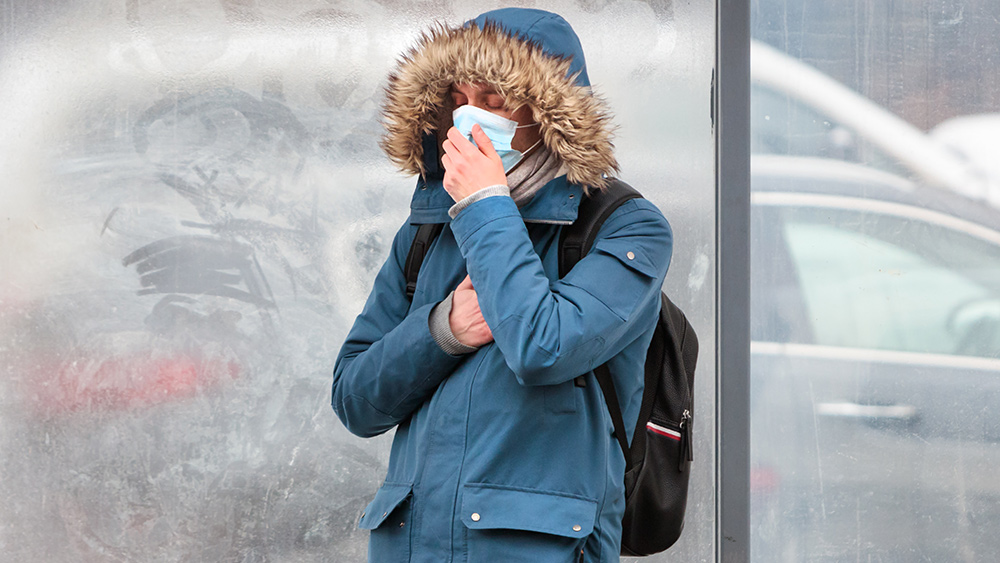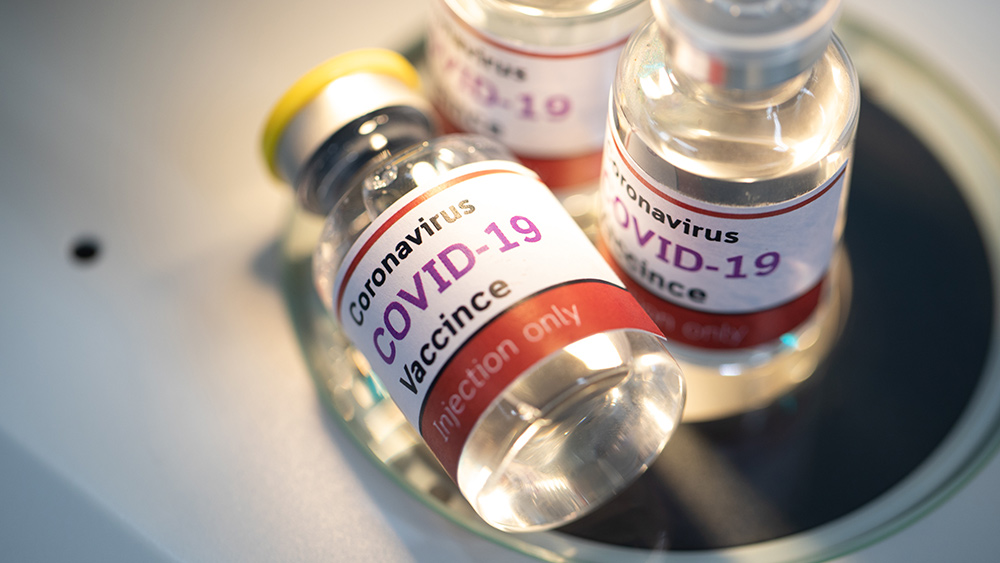More military personnel died from suicide in Q2 2021 alone than from COVID-19 since start of pandemic
10/19/2021 / By Zoey Sky

The government is determined to enforce vaccine mandates in the country to try and slow the spread of the Wuhan coronavirus (COVID-19). But instead of forcing civilians and service members to get vaccinated, it seems like the government should have been trying to address a more pressing matter.
According to a study, suicides among active-duty members of the U.S. Army have increased by 46 percent in 2021.
Findings from the study, which was commissioned by the Pentagon, show that suicides in the U.S. Army’s active-duty forces have increased by a shocking 46 percent in the second quarter compared to the same period last year.
According to the new suicide report from the Pentagon, 60 active-duty U.S. Army personnel members lost their lives to suicide in Q2 of 2021. There were 41 suicide deaths recorded in Q2 last year.
Findings also reveal that the number of U.S. military personnel, both active-duty and reserve, who died from suicide in Q2 of 2021 is 139 . There were 130 recorded suicide deaths during the same period in 2020.
The numbers are shocking, especially since the total count of military personnel who have died from the coronavirus since the start of the pandemic is at 67.
Senior leaders call for more efforts to address the mental health crisis among service members
In September, the military released figures showing that suicides in the armed forces increased by 15 in 2020. Because of the troubling and significant increases in suicides among the Army and Marine Corps, senior leaders have highlighted the need for immediate action to reverse the trend.
Study findings show that there were 580 suicides in 2020 compared with 504 the prior year.
Within that period, the number of suicides by Army National Guard troops increased by about 35 percent, from 76 in 2019 to 103 in 2020.
There was an almost 20 percent increase in suicides among the active-duty Army. Marine Corps suicides increased by more than 30 percent from 47 to 62. For the Marine Corps Reserves, suicides went from nine deaths to 10.
Defense Secretary Lloyd Austin says that suicide rates among service members and military families are still too high. He adds that things need to be done to help improve the situation and prevent more suicide deaths.
Focus on mental health, not vaccine mandates
According to a research paper released in the summer of 2021, 30,177 American active military personnel and veterans involved in post-9/11 wars are estimated to have died by suicide. The figure is at least four times greater than the 7,057 service members who died in combat during the same period.
The statistics comes from a report from the Cost of War Project, a joint research effort between Brown University and Boston University.
The report authors warned that if the U.S. government and society don’t make “significant changes” in the management of the mental health crisis among service members and veterans, “suicide rates will continue to climb.”
“That is a cost of war we cannot accept,” the authors of the report conclude.
While military leaders do enforce anti-suicide programs, some have questioned if the Department of Defense is spending enough resources on suicide prevention. (Related: Mental health crisis, tyrannical mandates characterize pandemic – Brighteon.TV.)
Austin highlights the fact that the military may be focusing too much on the coronavirus instead of the mental health of service members. Army leaders suggest enforcing measures to help identify signs or “red flags” of impending mental health breakdowns among fellow soldiers to prevent suicide attempts.
On Tuesday, Oct. 12, Army Sergeant Major Michael Grinston spoke at the annual Association of the United States Army conference. He explains that since most suicides are linked to poor finances or failed relationships, checking for any warning signs could mean helping soldiers maintain a healthy family life or making sure they’re handling their finances responsibly and paying bills on time.
Grinston emphasizes the importance of recognizing the signs of someone having a hard time before things are too late so they can get the help they need. He adds that in most cases, suicide prevention is reactionary and “often comes too late.”
The Army should approach the sensitive issue by going beyond behavioral health and involving general quality-of-life upgrades. Suicides can be prevented by starting courses to help teach soldiers how to make better financial decisions and how to be better partners in relationships, adds Grinston.
Go to Pandemic.news for more updates on how the pandemic has affected the lives of service members and millions of Americans.
Sources include:
Tagged Under: big government, coronavirus, coronavirus vaccines, covid-19, depression, discoveries, health freedom, mental health, military, pandemic, soldiers, suicides, US Army, vaccine mandate, vaccine wars
RECENT NEWS & ARTICLES
COPYRIGHT © 2017 DISCOVERIES NEWS





















